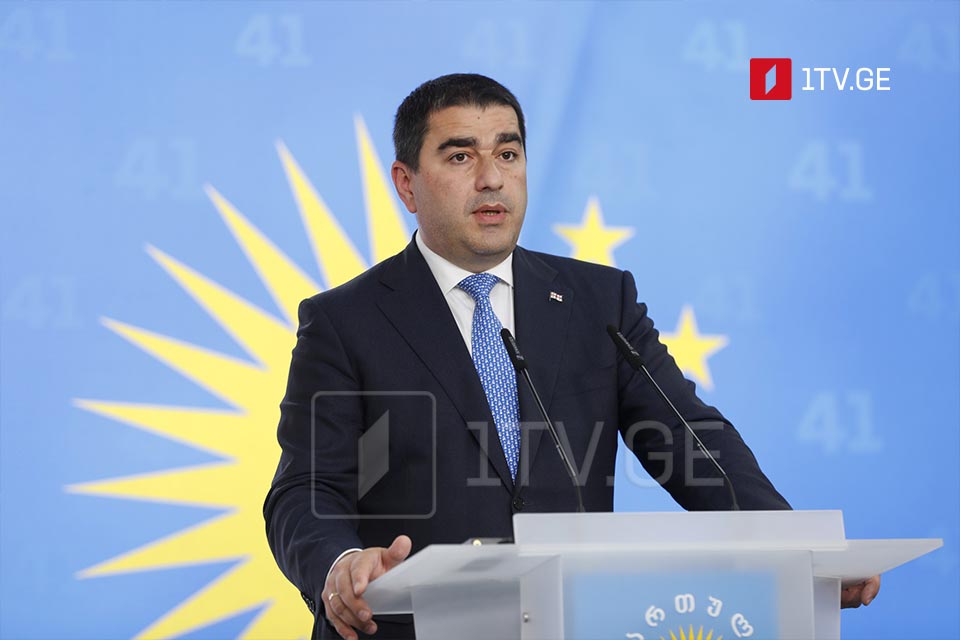“For many years, the European Court of Human Rights (ECHR) has played a crucial role in uncovering disinformation campaigns orchestrated by the opposition, NGOs, foreign politicians, and diplomats. This time, the spotlight is on those who created and propagated the term ‘Russian law,’” Shalva Papuashvili, the Speaker of the Georgian Parliament, wrote on social media.
Papuashvili noted that the ECHR identified several significant restrictions in a recent ruling against Russia, including: “1. Labeling all publications as produced by a ‘foreign agent.’ 2. Exclusion from electoral processes. 3. Prohibition of professional training programs. 4. Restrictions on youth programs. 5. A ban on receiving advertising revenue from private companies. 6. Disproportionate sanctions, such as discretionary fines and organizational cancellations.”
He emphasized that none of these restrictions are present in Georgia’s Transparency Law.
“During discussions in the Constitutional Court, representatives of Parliament argued that the opposition, including NGOs, failed to provide evidence linking Georgian law to the Russian legal framework.
That is why it was deemed the scandal of the century when the Georgian law, which bears no relation to the legislation in force in Russia, was labelled as ‘Russian law.’ Similar to previous cases involving Rustavi 2, Melia, Gvaramia, Saakashvili, and others, this time, no one will apologize for perpetuating false narratives about Georgia.
Nevertheless, the Georgian people will draw their own conclusions. These conclusions will be articulated clearly and loudly on October 26,” Shalva Papuashvili concluded.
